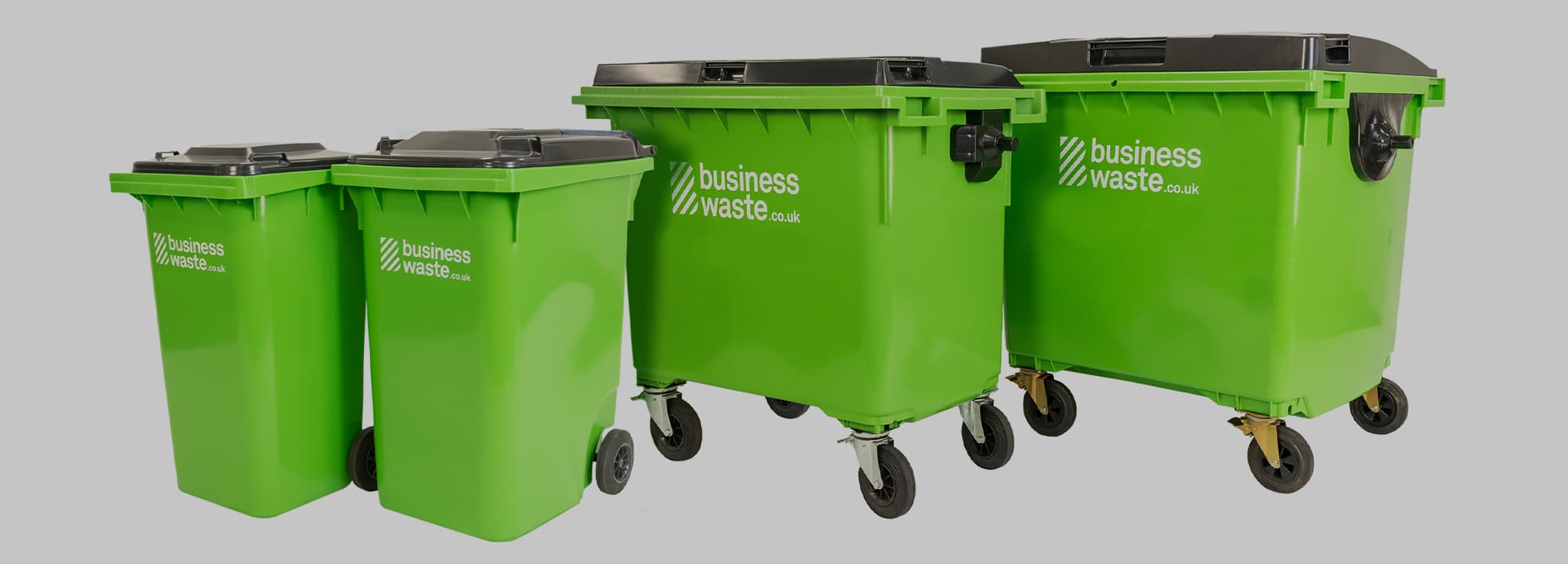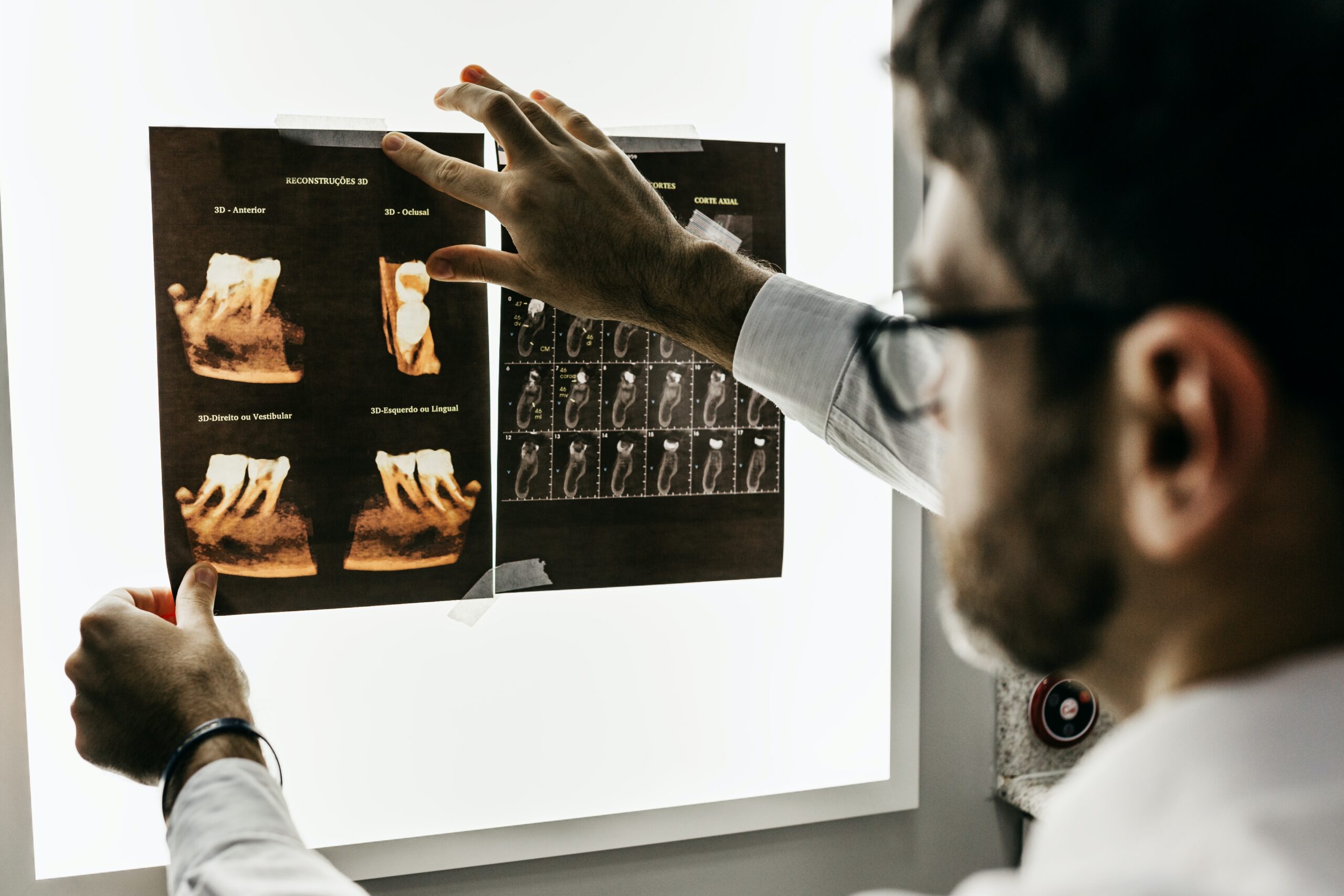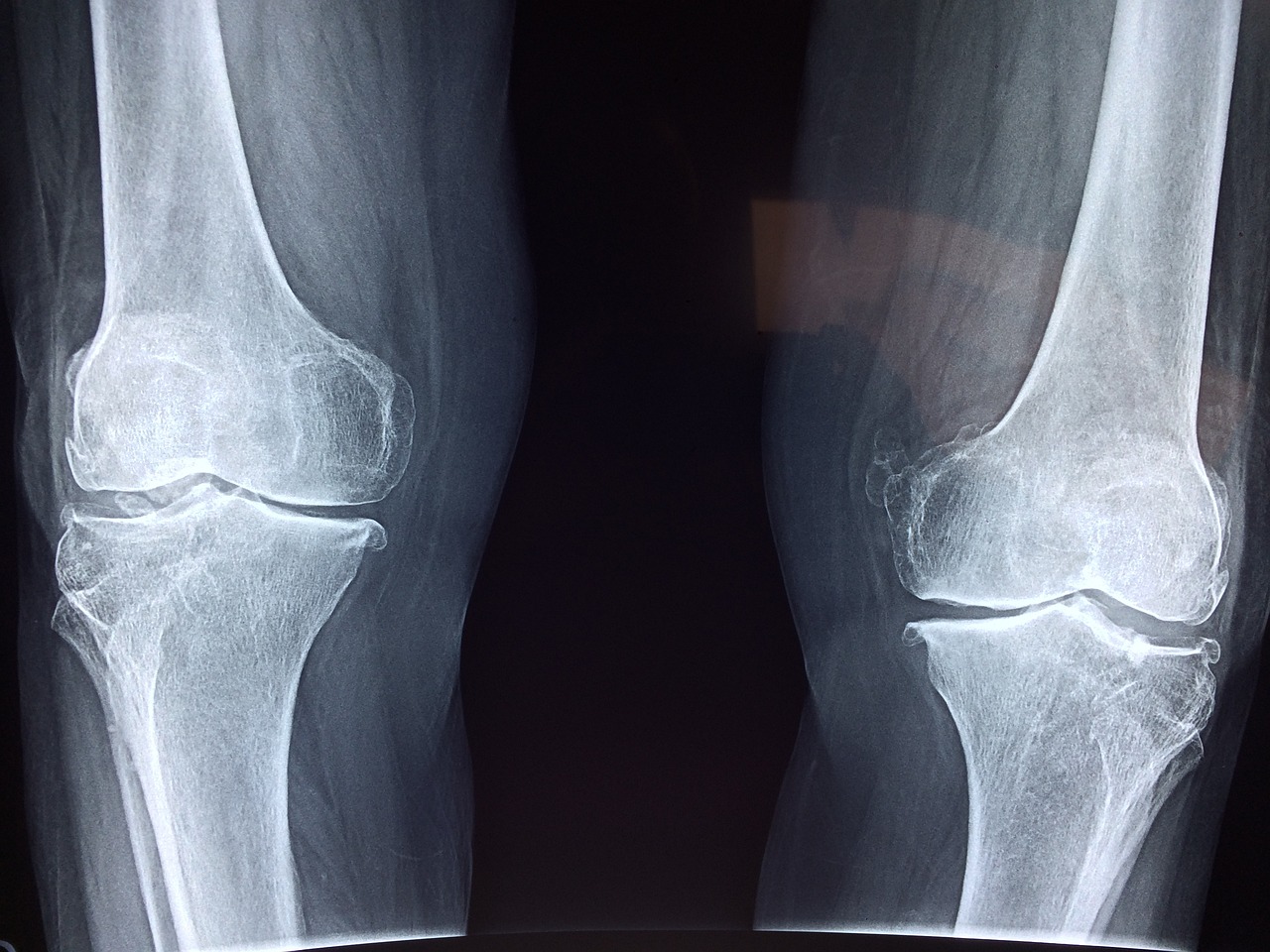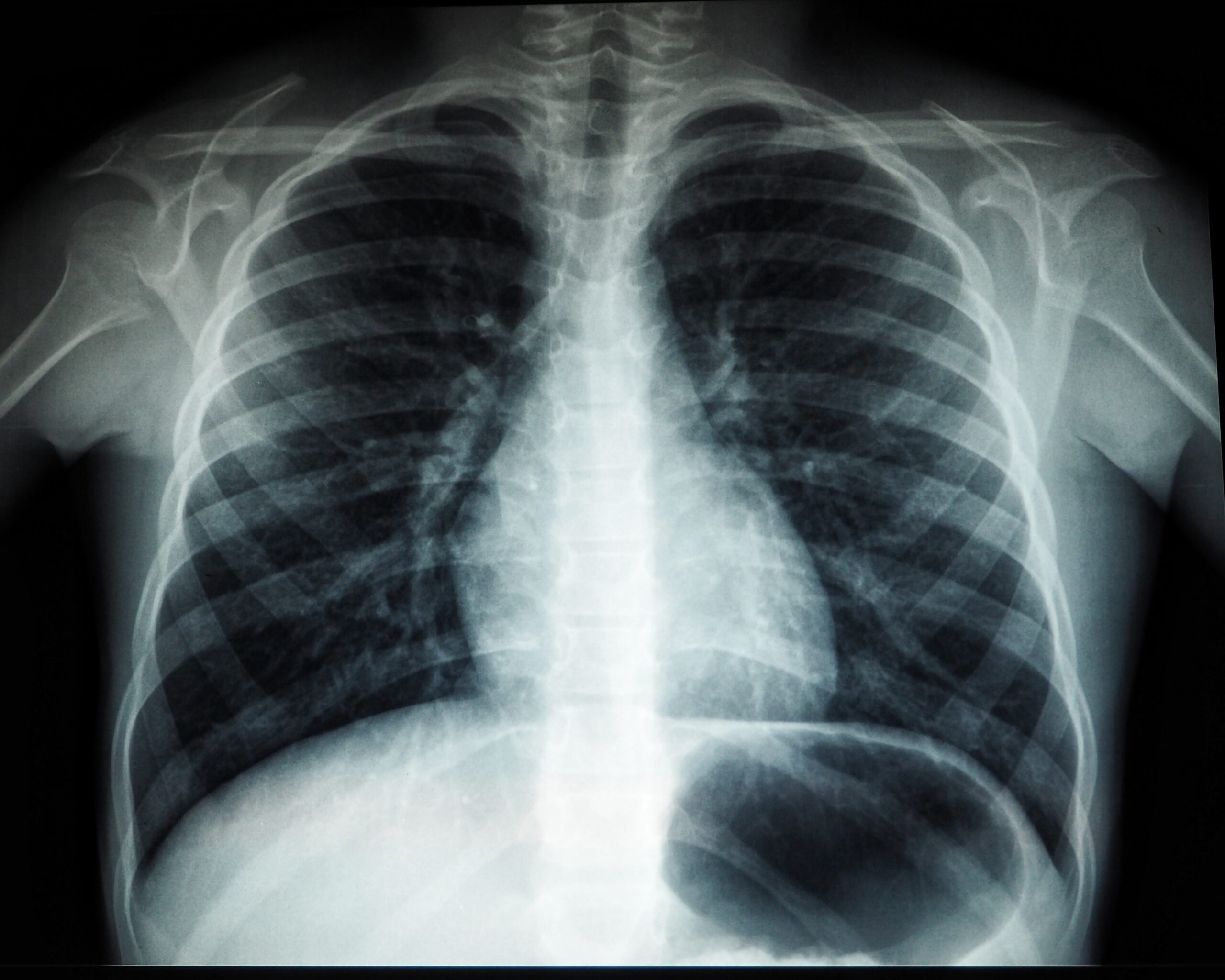
How to Dispose of Old X-rays
The proper disposal of X-ray films is important for hospitals, dentists, healthcare centres, and other organisations. It’s essential to protect patient confidentiality and ensure X-rays are recycled and disposed of in an environmentally friendly way. You’ll also want to dispose of any personal X-rays safely when they’re no longer needed.
Medical organisations must hold onto X-rays for a pre-described period. After that time passes you’ll need to arrange professional x-ray film waste disposal to destroy the sensitive information they contain. It also saves space for your business or household, when getting rid of personal X-rays from a few years ago.
Learn how to dispose of old X-rays responsibly from your business or home in this guide. If you’ve got a question or want a free no obligation quote for the collection of any x-ray films, chemicals, or equipment, you can contact us online or call 0800 211 8390.
Get a free quote
Get a fast FREE quote for X-ray waste collection
- Free quote within 1 hr
- Any type of X-ray waste
- FREE bins and delivery
- We cover all of the UK
Can you recycle X-ray film?
Recycling X-ray film is possible. X-ray films are made from a clear plastic film, usually polyethylene terephthalate (PET), which is recyclable. This is coated with a radiation-sensitive emulsion that normally contains silver halide crystals (95% silver bromide and 5% silver iodide) and gelatine. It’s this silver substance that captures an image when an X-ray is taken.
To recycle x-ray films the silver and plastic materials are separated using chemical solutions and processes. They’re then recycled and turned into new plastic products and silver bars, which can be valuable. Recycling X-ray film is only possible at specialist facilities with the appropriate machinery and processes in place.
Organisations must arrange commercial waste collection of any old X-rays and ensure licensed waste carriers take them to a relevant recycling centre. You can’t put old X-ray films at home in your domestic recycling bin – or your household general waste bin. Check with your local hospital or healthcare centre or use a professional waste management company.

Why is X-ray recycling important?
X-ray recycling is important because it’s a safe way to dispose of any old X-rays and the materials they’re made from are easily recyclable and valuable. Most X-rays are made from PET plastic film, which is one of the most recyclable types of plastic. Recycling plastic is important to avoid it ending up in landfill.
Recycling and reusing the silver in X-rays is also essential. There’s only a finite amount of silver in the world, so reusing it should be done where possible. Mining silver is incredibly energy-intensive and has negative environmental effects, so recycling helps reduce these impacts and saves energy.
Improper disposal of X-rays can lead to the silver substances contaminating ground and waterways. This may kill fish and negatively affect ecosystems – even causing issues for humans if it gets into drinking water. Recycling x-ray film ensures all plastic and silver materials are removed, reused, and recycled safely, which protects the environment.
Recycling X-rays saves businesses money too, as it reduces the amount of landfill tax you’ll have to pay for its disposal. You may also receive some financial benefit based on the amount of silver extracted from your old x-rays, depending on the amount you send for recycling and the recycling company.
How to dispose of
X-rays as a business
Businesses must arrange commercial waste collection of any obsolete X-ray films of patients, clients, or employees. Your organisation may have piles of X-rays in storage, which you can only keep for as long as necessary under GDPR principles. When it’s time to get rid of them, responsible disposal of X-ray films is vital.
Arranging x-ray destruction and recycling by professional third-party waste management experts is the best solution. Many shred the X-rays first to destroy the sensitive data before recycling the X-rays. This includes a wide range of X-ray types, such as:
- Analogue medical film
- Dry-view medical film
- Industrial film
- NDT (from non-destructive testing of engineered parts)
Professional commercial waste management firms, such as Business Waste, will organise the collection of your old X-rays at a convenient time. Licensed waste carriers then transport them to an appropriate waste management facility. Here the X-rays will normally be checked, shredded, and recycled. Your business should receive a duty of care certificate confirming its disposal.
Failure to dispose of X-rays properly from any business can lead to confidential data being exposed and ending up in the wrong hands. Organisations can face regulatory fines, a negative reputational impact, and a loss of business. Always use licensed waste carriers to ensure the proper disposal of X-rays from any business.

X-ray recycling and
destruction methods
The main priorities when disposing of X-rays are to ensure all sensitive information is destroyed and that the materials are recycled and reused. Recycling and destruction methods for old X-rays can vary depending on the facility where they end up. Often the process to recycle X-ray films involves the following steps:
- First, the X-rays may be shredded to destroy the confidential information they display.
- The X-ray film is then dipped in a chemical solution, which separates the silver substance from the plastic sheet.
- All the separated silver is melted and solidified into silver bars that are either sold or used in other products.
- The clear PET film is recycled alongside other types of the same plastic waste and converted into new plastic products.
- If the x-rays were delivered or supplied in any paper envelopes then these will also be sent for recycling alongside other waste paper.
How to dispose
of personal X-rays
To dispose of any X-rays, you’ve got lying around at home you should first check with your doctor how long you should keep them. There may be medical or legal reasons why you have to hang onto them for a specific amount of time. If that period has passed then there are a few disposal options.
Check whether your local hospital, radiology clinic, or healthcare centre will take your old X-rays for disposal and recycling. Most should accept them but may need proof of identity. You can rest assured that your X-rays will be disposed of properly and safely, as they’ll follow all medical privacy regulations.
You can also see if your local council has an x-ray recycling programme or accepts them at your nearby household waste recycling centre (HWRC). Otherwise, professional waste management firms like Business Waste might take your old X-rays for disposal. Check if there are any minimum amounts though.
Donating your old X-rays to local schools, universities, or medical facilities is another option. They can be used as educational resources and are greatly appreciated by some organisations. Cut or block out any sensitive details such as your name to avoid identification before donating your old X-rays.

Disposal of X-ray chemicals
Radiology departments, dentists, laboratories, and anywhere else that provides X-ray services might also need to dispose of X-ray phytochemicals. These should be stored, managed, collected, and disposed of separately from X-ray films. This is because they’re a type of hazardous waste.
At Business Waste we provide free bins and containers to store all sorts of waste chemicals securely on your site – you only pay for collection. Oil drums, IBC containers, and other containers are available to store waste X-ray chemicals. Licensed waste carriers can then collect your chemical waste and transport it for disposal.
X-ray equipment disposal
Any organisation that uses X-ray machines may also need to arrange disposal when they break down, are upgraded, or are no longer needed. Generally, an X-ray scanner needs to be replaced every six to eight years, as the efficiency and image quality decrease. X-ray equipment must be disposed of in line with the Waste Electrical and Electronic Equipment (WEEE) Regulations.
Due to the presence of chemicals and radiation in x-racy machinery, they must be removed and disassembled by specialists before recycling. The oil must be drained and then all metal parts can be removed and recycled. At this point the X-ray generator isn’t live, so there’s no risk of radiation exposure.
Arrange X-ray waste collection
Book collection of X-ray waste from your organisation today, whether you’ve got old X-ray films, equipment, or chemicals for disposal. At Business Waste we can provide free bins and containers to store your x-ray waste – you only pay for collection. Removals are available anywhere in the UK.
Licensed waste carriers will collect your waste and transport it to an appropriate waste management facility for recycling and disposal. You receive a free duty of care certificate and certificate of destruction if relevant, confirming the legal disposal of any X-ray waste. One-off, daily, weekly, and fortnightly collections are available.
Contact us online or call 0800 211 8390 for a free no obligation quote for the collection of any X-ray waste. One of our friendly experts will provide a free quote based on your specific needs and can answer any questions or advise on the best solution to get rid of your waste X-ray materials.
X-ray recycling FAQs
-
Are X-rays a type of hazardous waste?
X-ray film isn’t generally considered a type of hazardous waste as the amount of silver in one is very small. X-ray chemicals do class as hazardous waste as they’re a type of chemical waste that can harm human health and the environment due to exposure. Old X-ray machines contain oil that’s hazardous waste, which is removed before disposal.
-
Is X-ray waste radioactive?
Old X-ray films are not radioactive and there’s no residual radiation once an X-ray machine is switched off. X-ray film isn’t a type of radioactive waste, and most equipment is a kind of WEEE waste, though it may need Cobalt 60 removed first. Cobalt 60 is a radioisotope used in radiography and medical applications that needs to be removed professionally before recycling any X-ray machinery.
-
Are old X-rays worth anything?
Some old X-rays might be worth something due to the silver content. However, it depends on the type of X-ray film and the amount of silver that can be extracted from it. In most cases this is negligible, and X-rays are only worth something if you have a high volume for recycling.
It also depends on the price of silver at the time when you want to recycle old X-ray films. Check with your waste management company or those responsible for disposing of your old X-rays and they might quote you with its potential worth.
Get your fast and free quote
Get a fast FREE quote for X-ray waste disposal
- Free quote within 1 hr
- Any type of waste
- FREE bins and delivery
- We cover all of the UK